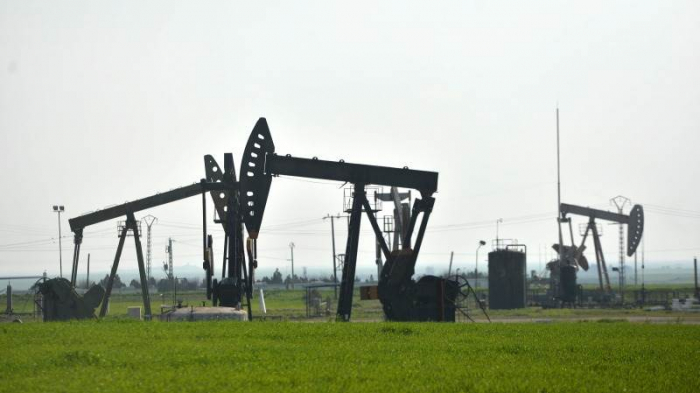Brent crude dropped 52 cents, or 0.7%, to $76.92 a barrel at 0455 GMT, while U.S. West Texas Intermediate (WTI) crude fell 49 cents, also 0.7%, to $73.22.
In a possible sign of weakening demand, U.S. crude inventories rose by about 3.6 million barrels in the week ended May 5, while gasoline stockpiles rose by 399,000 barrels, the American Petroleum Institute reported on Tuesday according to market sources.
The data defied expectations from eight analysts polled by Reuters for a 900,000-barrel drawdown in crude inventories and a 1.2 million-barrel drop in gasoline stocks.
U.S. government data on oil inventories is due on Wednesday.
The surprising U.S. inventory build-up coupled with lower crude imports and softer export growth in China in April exacerbated worries about global oil demand.
"Oil investors should watch out for clues on the economic health of the U.S. economy, which in my opinion looks very dim and bleak as of now," said Priyanka Sachdeva, analyst from Phillip Nova Pte Ltd.
The market is awaiting U.S. consumer price index (CPI) figures for April due to released on Wednesday.
New York Fed President John Williams said inflation remains too high and that the central bank will raise rates again if necessary, even though the U.S. central bank dropped guidance about the need for future hikes.
The market is also awaiting the monthly oil report from the Organization of the Petroleum Exporting Countries (OPEC) due on Thursday for clues to whether the group and its allies will need to cut output again to prop up prices.
OPEC and its allies, known as OPEC+, agreed last month to cut production by 1.16 million barrels per day (bpd) from May through the end of the year.
Media reported that Russia's Energy Ministry said the nation's oil output reduction almost reached targeted levels in April.
Saudi Arabia, which pledged to cut production by 500,000 bpd from May, has informed buyers in Asia that it will supply full crude oil volumes requested for June. Some Chinese refiners may have asked for less supply, sources said, which would help the world's top oil exporter meet its lower output target.
In Alberta, Canada's main oil-producing province, wildfires eased on Tuesday thanks to cooler weather. The wildfires forced oil and gas producers to shut in at least 319,000 barrels of oil equivalent per day (boepd), or 3.7% of the country's production.
Markets were also monitoring U.S. President Joe Biden and top Republican lawmakers' comments on raising the $31.4 trillion U.S. debt ceiling, fearing an unprecedented default if Congress does not act in three weeks.
More about:















































